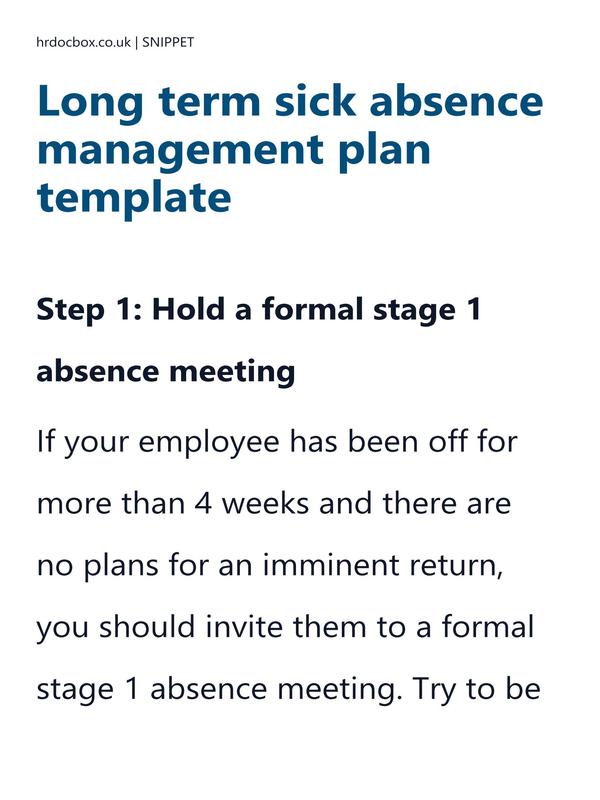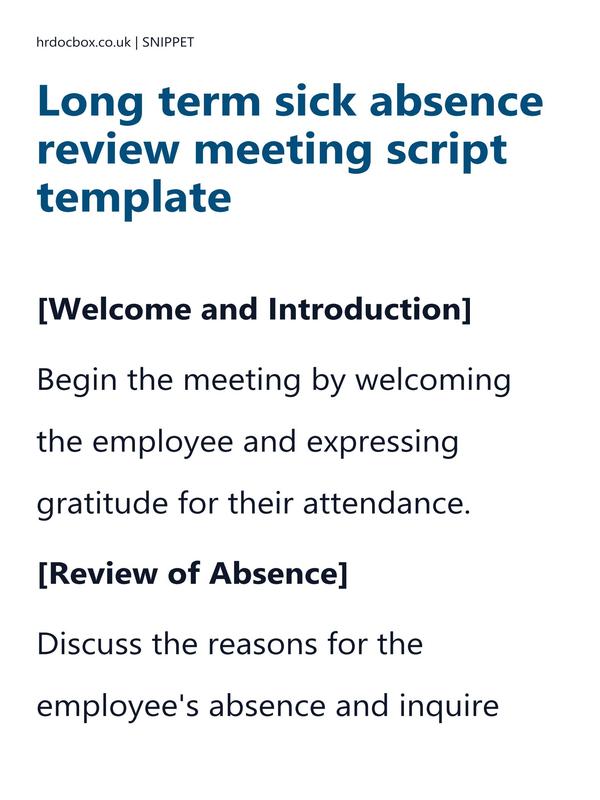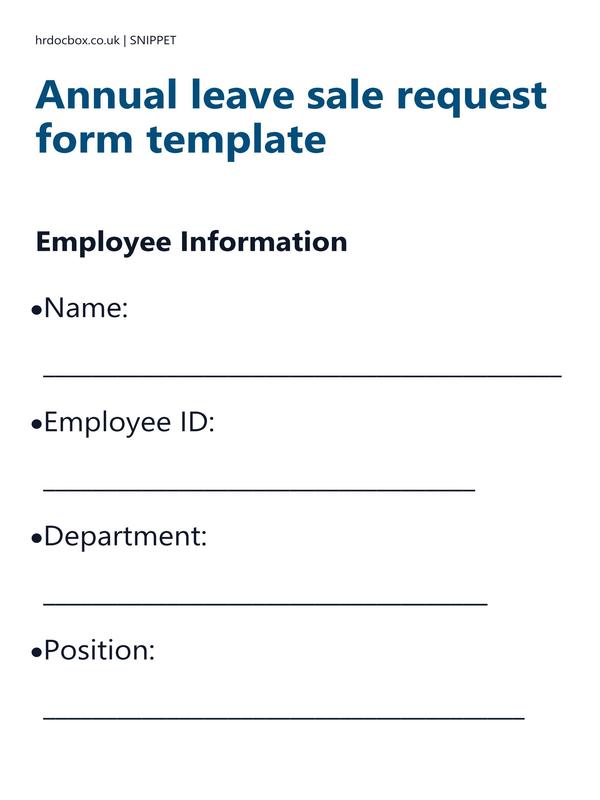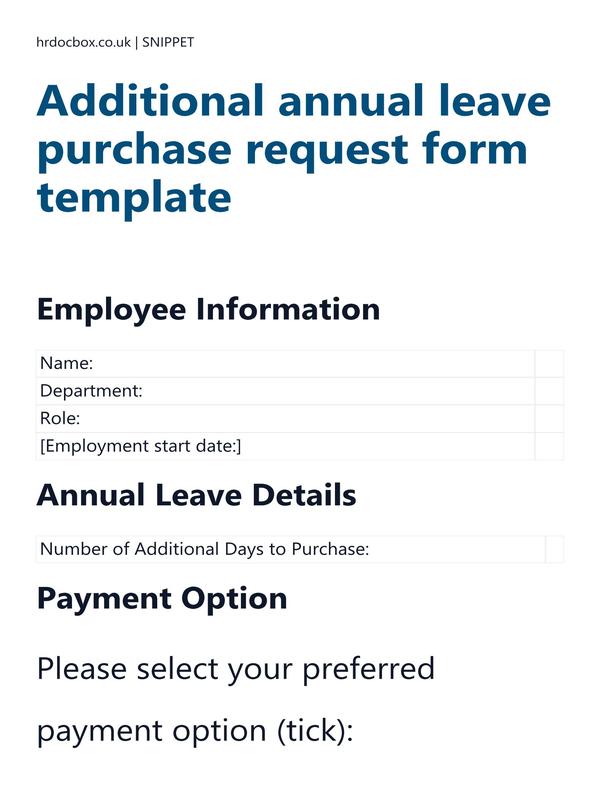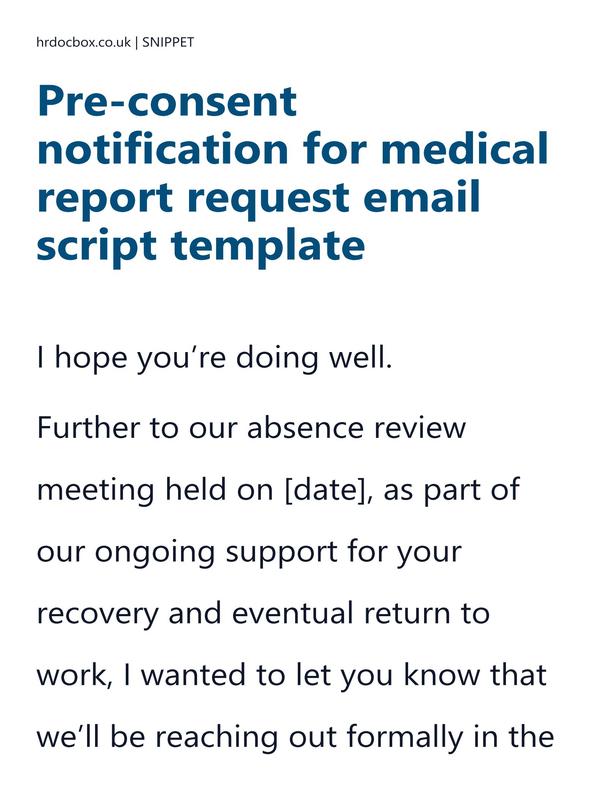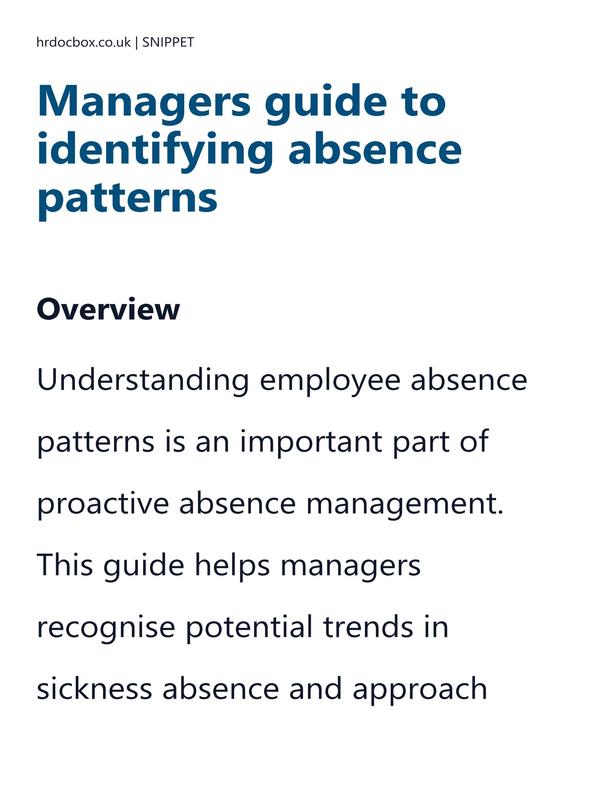Absence templates toolkit
Managing absence can be challenging; our absence templates can make the process efficient and effective.
Our toolkit includes a range of templates that are designed to simplify the absence and leave management process.
Whether it's managing short-term or long-term absences, annual leave, or sick leave, our absence templates cover all the necessary documents required to manage employee absence and leave effectively.
- 73 Absence templates.
- Includes all Absence templates, plus 12 months' access with all updates to the Absence templates toolkit provided free of charge and notified to you.
- UK-specific accuracy.
- Instantly download templates as Word / PDF / plain text, or send by email.
- The Absence templates toolkit will SAVE you up to 21 hours drafting & research. Save cost. Reduce risk.
Absence
Absence refesr to the presence or absence of employees during scheduled working hours. These terms are often used to describe an employee's work attendance record and the instances when an employee is not present at work.
Absence refers to the state of not being present at the workplace or not actively engaged in work during scheduled working hours. It can be due to various reasons, including sickness, personal reasons, vacation, or other approved leaves.
-
Types of Absence:
-
Sick Leave: Absence due to illness or health-related reasons.
-
Holiday Leave: Planned time off for leisure or personal activities.
-
Personal Leave: Unplanned time off for personal reasons.
-
Emergency Leave: Unplanned time off due to unforeseen circumstances.
-
Attendance refers to the act of being present and actively engaged in work during scheduled working hours. It signifies that an employee is fulfilling their work responsibilities by being physically or virtually present at the workplace or performing their job duties remotely.
Absence templates are essential for managing a low-risk, compliant Absence process.
Compliance
Compliance
-
Employees are entitled to take time off work for various reasons, including sickness, maternity and paternity leave, adoption leave, parental leave, and time off for dependants.
-
Employers must ensure that they have clear policies and procedures in place for managing absence and leave, and that these are communicated effectively to employees.
-
Employers should have a system for recording and monitoring employee absences, and should be able to identify any patterns or trends that may require further action.
-
Employers should follow a fair and consistent process for managing absence, which may include offering support and assistance to employees who are experiencing long-term sickness.
-
Employers must comply with statutory leave entitlements, such as maternity and paternity leave, and should ensure that they do not discriminate against employees who exercise their right to take leave.
-
Employers should ensure that any requests for leave are dealt with promptly and fairly, and that employees are informed of the outcome in writing.
-
Employers should ensure that employees are aware of their rights and entitlements with regard to absence and leave, and that any concerns or queries are addressed promptly and sensitively.
It is important for employers to have clear policies and procedures in place for managing absence and leave, to comply with UK employment law, and to support their employees' wellbeing and work-life balance.
Key Absence Case Law
Key Absence Case Law
Navigating Absence processes correctly is crucial to help you avoid any problems (which can be costly in terms of time, money and reputation).
Recent UK case law has highlighted key aspects of good Absence management. Knowing how courts have handled claims can help you assess whether your proposed actions are likely to be seen as reasonable.
Here are some notable rulings and their implications:
-
Lamb v. The Garrard Academy (2019):
Facts: The claimant, a teacher, was dismissed due to long-term sickness absence. She argued that the dismissal was unfair because the school failed to properly follow its own absence management procedures.
Outcome: The Employment Tribunal found the dismissal to be unfair. The Tribunal highlighted that the employer did not adequately consider reasonable adjustments or engage in a proper consultation process before deciding to dismiss the employee.
Key takeaway: This case underscores the importance of strictly adhering to established absence management procedures and thoroughly exploring reasonable adjustments.
-
McMillan v. Airedale NHS Foundation Trust (2020):
Facts: An NHS employee was dismissed after a series of short-term absences. The employee claimed that the Trust had not followed its own absence management policy and that the dismissal was unfair.
Outcome: The Employment Appeal Tribunal found that the dismissal was unfair because the Trust had not consistently applied its absence management procedures.
Key takeaway: The ruling emphasised the need for employers to follow their absence management policies consistently and fairly, taking into account individual circumstances.
-
Dyer v. London Ambulance Service NHS Trust (2021):
Facts: The claimant, an ambulance driver, was dismissed for long-term sickness absence. He argued that the Trust had not made reasonable adjustments for his disability and had not followed the proper absence management procedure.
Outcome: The Employment Tribunal ruled in favour of the claimant, finding that the Trust failed to make reasonable adjustments and did not properly follow its absence management procedure.
Key takeaway: The case highlighted the importance of considering disability and the duty to make reasonable adjustments as part of absence management.
-
Platt v. Ricoh UK Ltd (2022):
Facts: An employee was dismissed for long-term sickness absence. The employee argued that the dismissal was unfair and that the employer had not followed its absence management procedures correctly.
Outcome: The Employment Appeal Tribunal upheld the dismissal as fair. The Tribunal found that the employer had followed its procedures correctly, including regular reviews and consultations with the employee about their absence and possible return to work.
Key takeaway: This case demonstrates that when employers correctly follow their absence management procedures, dismissals for long-term sickness absence can be deemed fair.
-
Chapman v. The City of London Corporation (2023):
Facts: The claimant was dismissed after a long-term sickness absence. He claimed that the dismissal was unfair and that the employer failed to follow its absence management procedure and did not consider reasonable adjustments.
Outcome: The Employment Tribunal ruled that the dismissal was unfair. The Tribunal found that the employer did not adequately follow its absence management procedure and failed to properly consider reasonable adjustments for the employee's return to work.
Key takeaway: This case underscores the necessity for employers to rigorously follow their absence management procedures and explore reasonable adjustments before deciding to dismiss an employee.
Instantly unlock with a purchase.
Instantly unlock with a purchase.
Absence workflow
Absence workflow
Here we show you which resources to use to effectively address an emerging absence concern, taking into account the different decisions and directions that are likely / possible.
Following this flowchart will ensure that you factor in all eventualities, follow legal / code of conduct or best practice processes, communicate effectively, and reduce the risk of things going wrong.
Frequently Asked Questions about Absence templates
Frequently Asked Questions about Absence templates
-
Can small businesses use these Absence templates?
Yes. The Absence templates in this toolkit are designed to be flexible and suitable for organisations of all sizes, including small businesses and charities. They follow UK employment law best practice, so even if you don't have an in-house HR team, you can confidently manage Absence processes and issues.
-
Are these Absence templates up to date for UK law in 2026?
Absolutely. All templates are drafted with the latest ACAS guidance and UK employment legislation in mind. We review and update them regularly, so you can be confident they remain compliant.
-
What types of Absence letters and documents are included?
Every toolkit includes a complete set of editable templates, supporting documents, and manager guidance designed to save time and ensure compliance.
-
How will this help me as an HR manager or business owner?
Purchasing the toolkit saves you hours of drafting time and reduces the risk of legal mistakes. Instead of starting from scratch, you'll have clear, professional templates that you can adapt to your business.
-
Do I get instant access to the templates?
Yes. Once purchased, you'll be able to download the Absence toolkit instantly. The templates are provided in editable Word or Excel format so you can customise them easily, and PDF format for easy sharing.
-
Can I preview a sample Absence template before buying?
We provide free examples of our templates here. This gives you a sense of the quality and layout before you commit to purchasing the full toolkit.
-
What if I need a full HR toolkit, not just Absence templates?
If you're looking for broader support, we also offer library bundles that include Absence templates along with absence, grievance, and other HR policies. These may be more cost-effective if you need a complete HR library.
-
Why should I use these templates, and not AI to generate them?
The risk of using free AI-generated templates 'without review' includes your legal exposure, missing context, and no awareness of the wider process. Purchasing from us mitigates that risk.


-letter-template-preview.jpg)
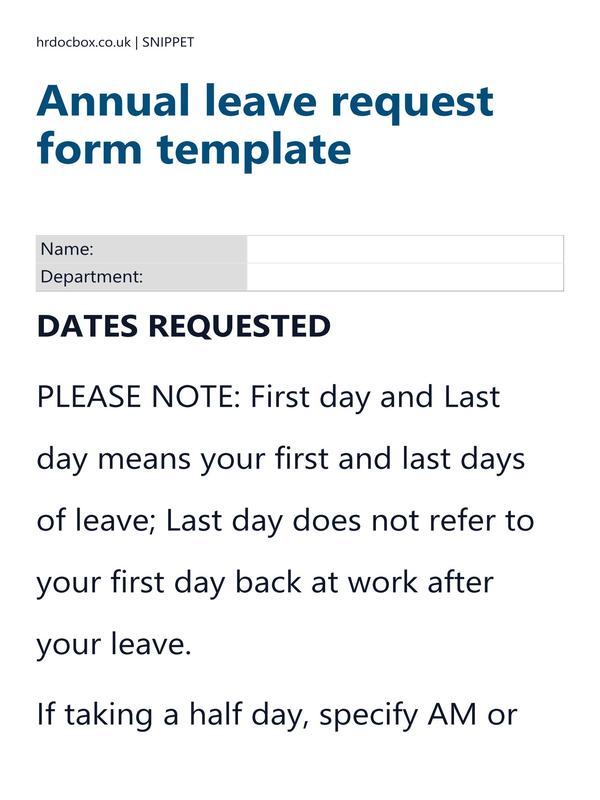
-form-template-preview.jpg)
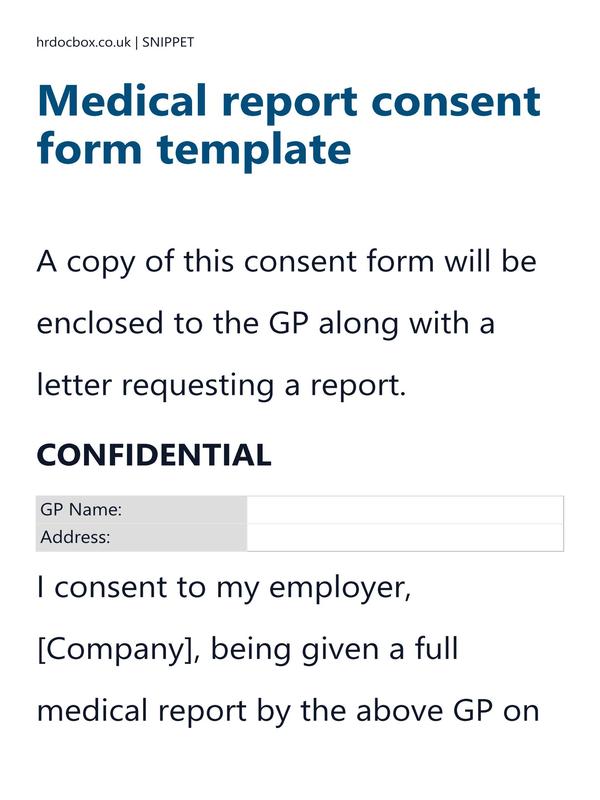
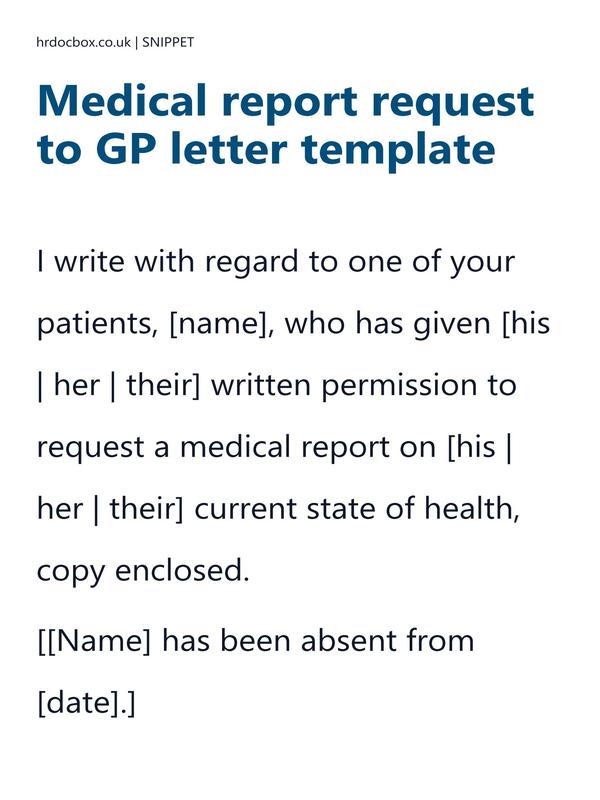
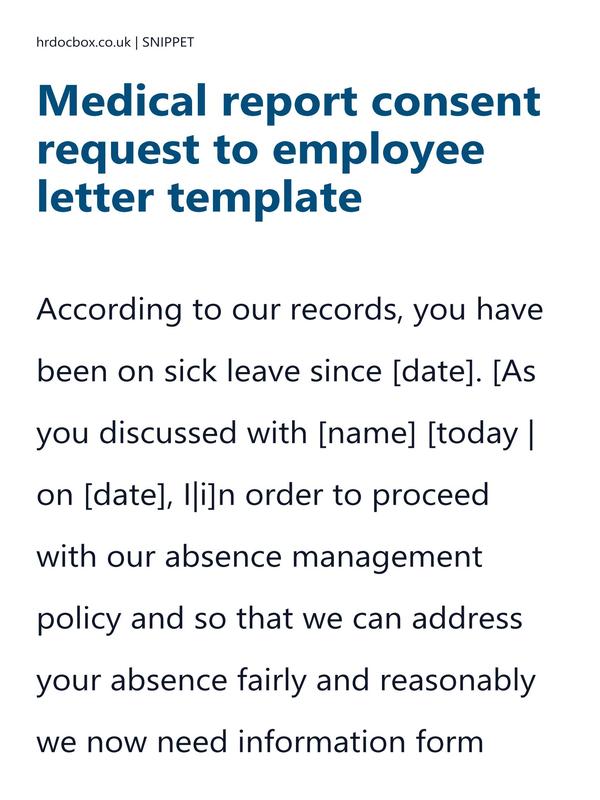
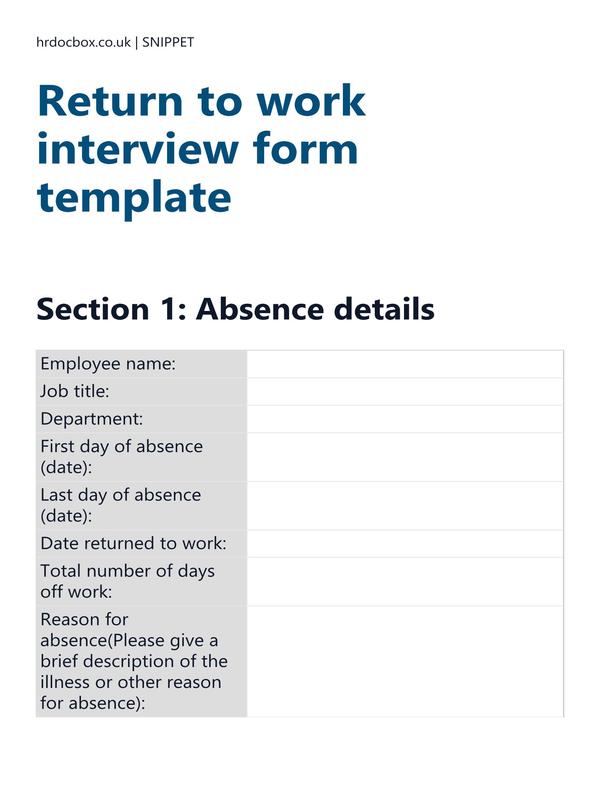
-letter-template-preview.jpg)
-letter-template-preview.jpg)
-letter-template-preview.jpg)
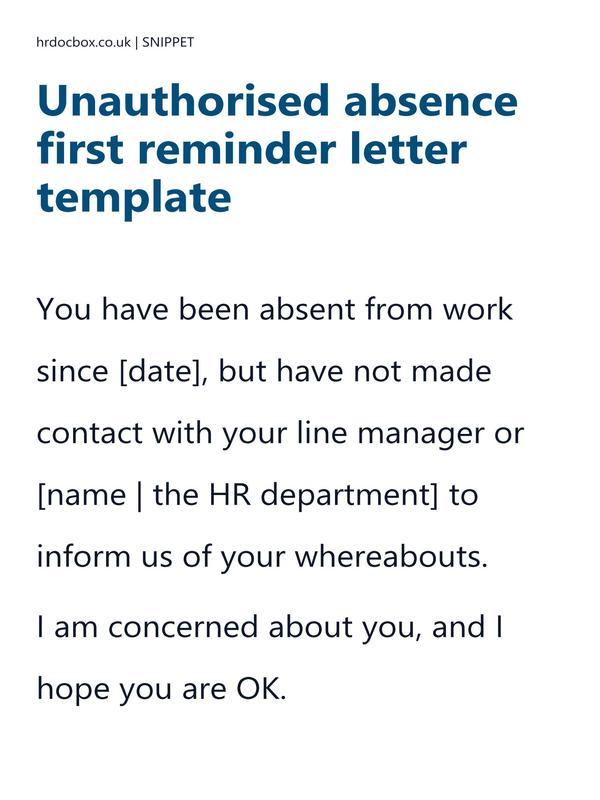
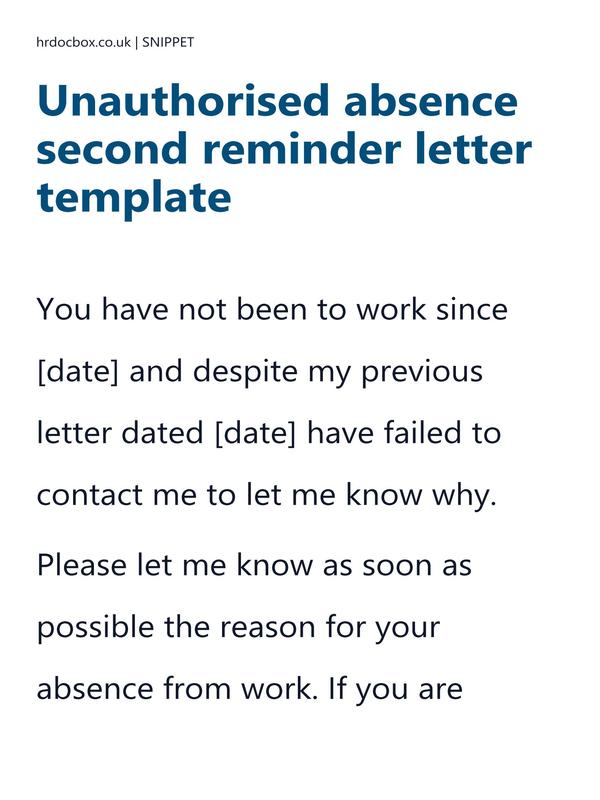
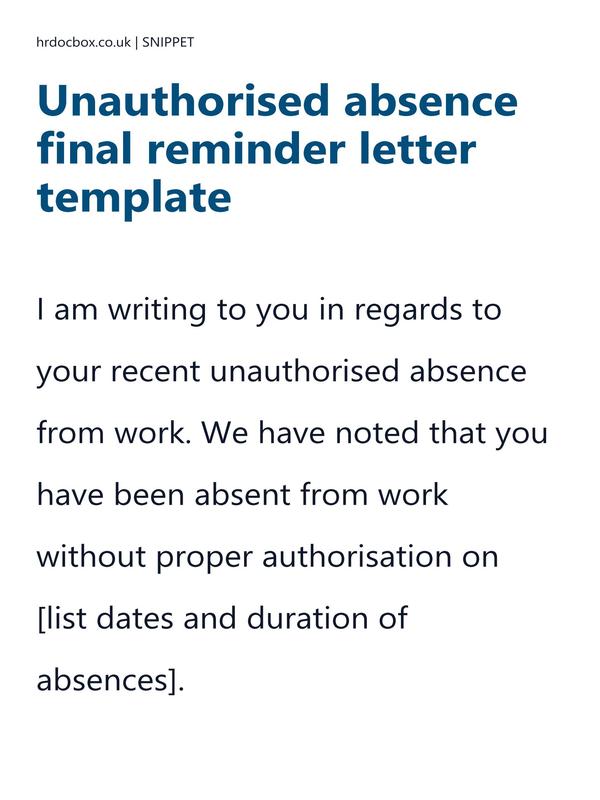
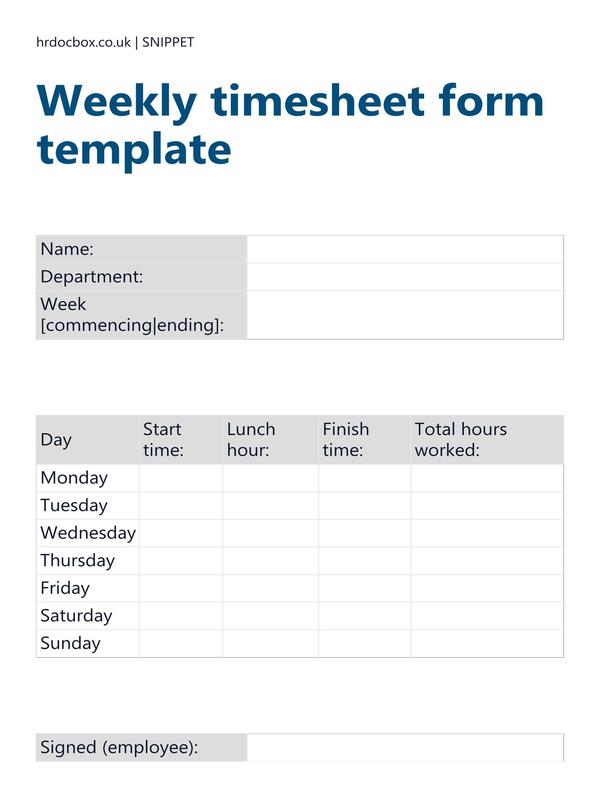
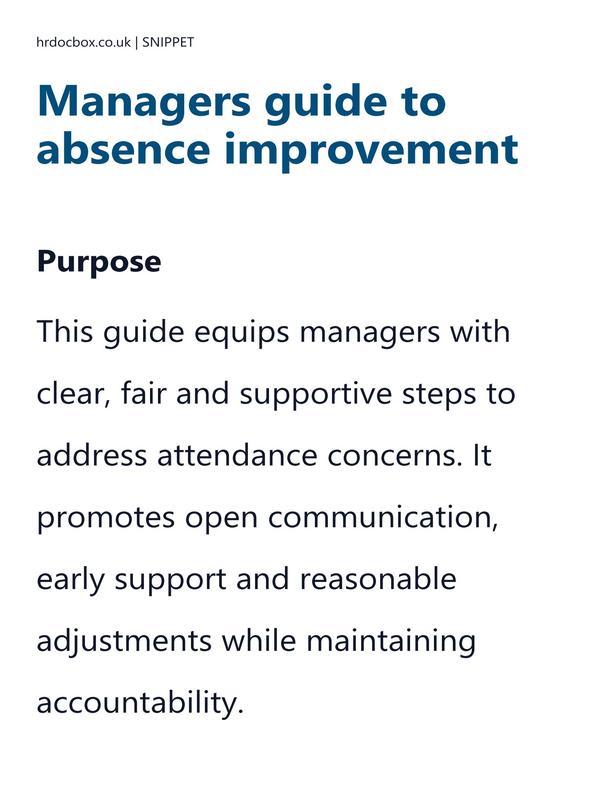
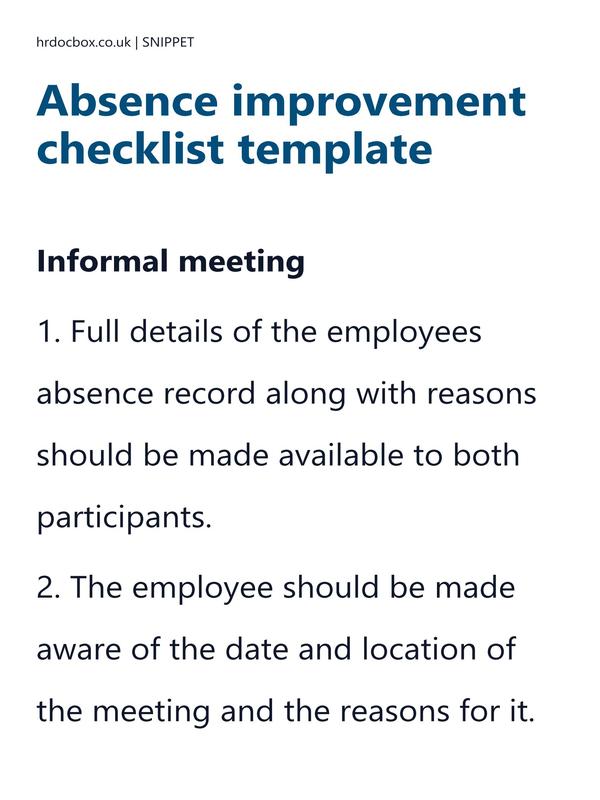
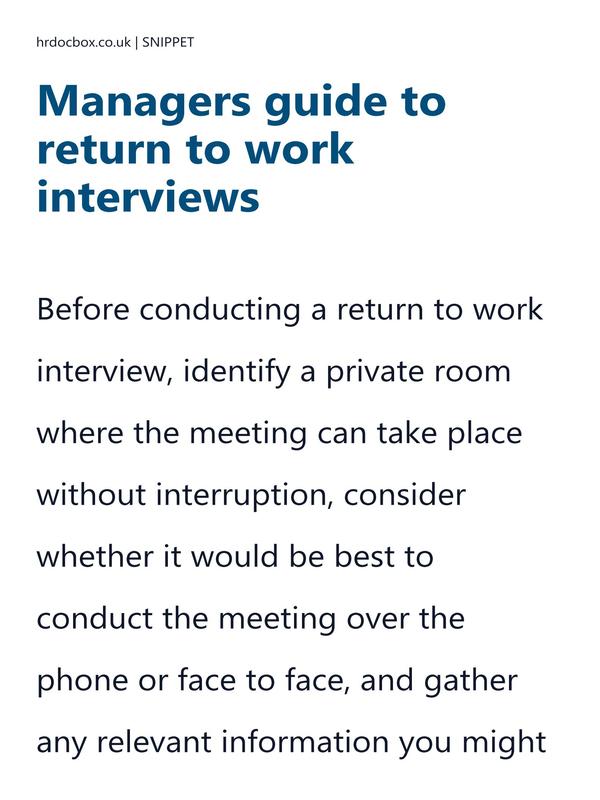
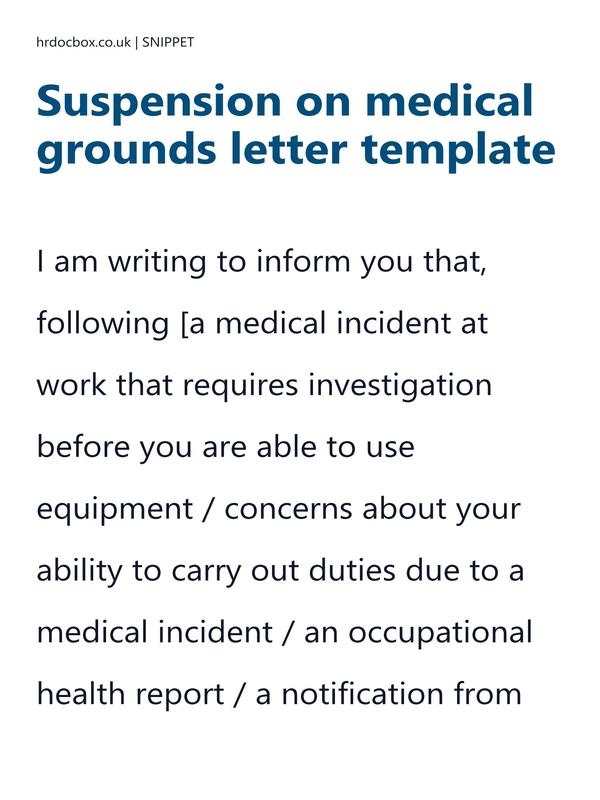
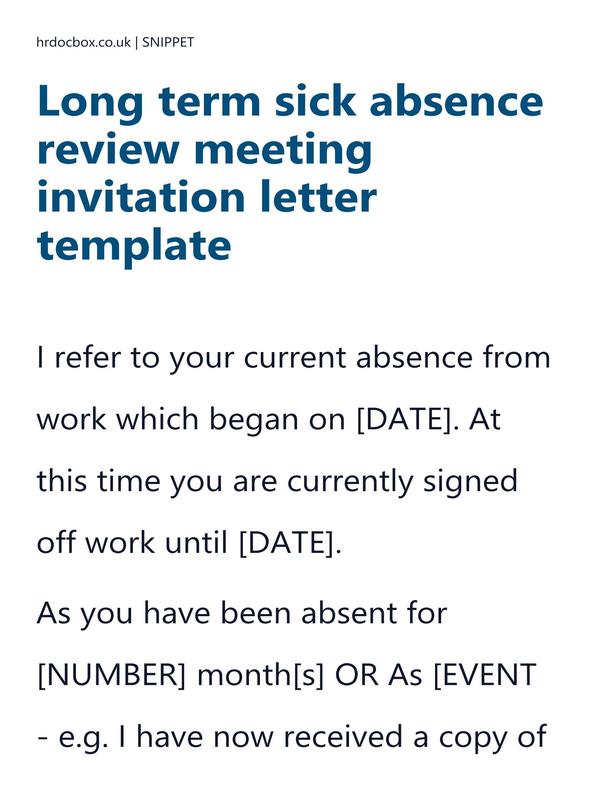
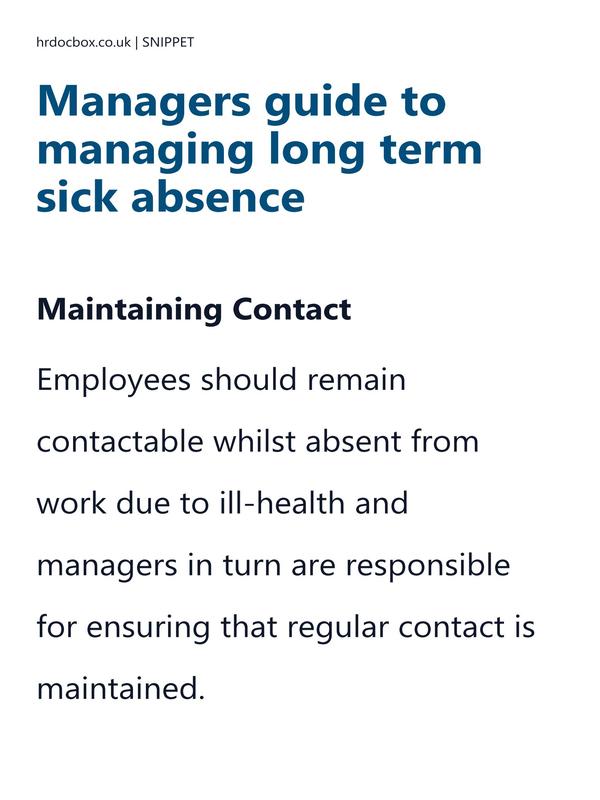
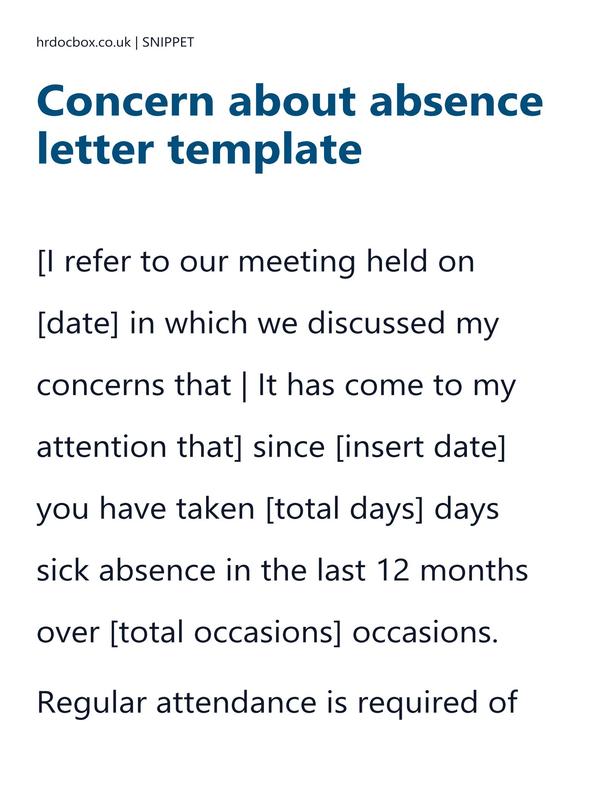
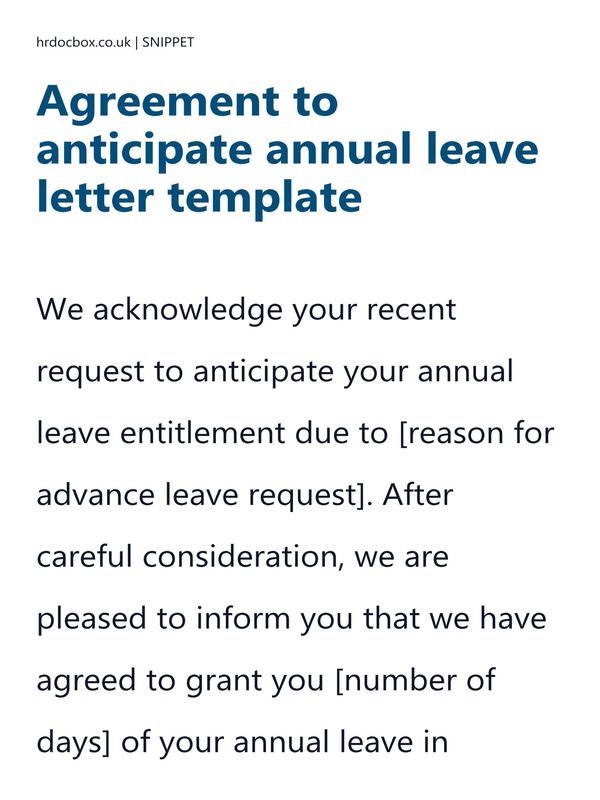
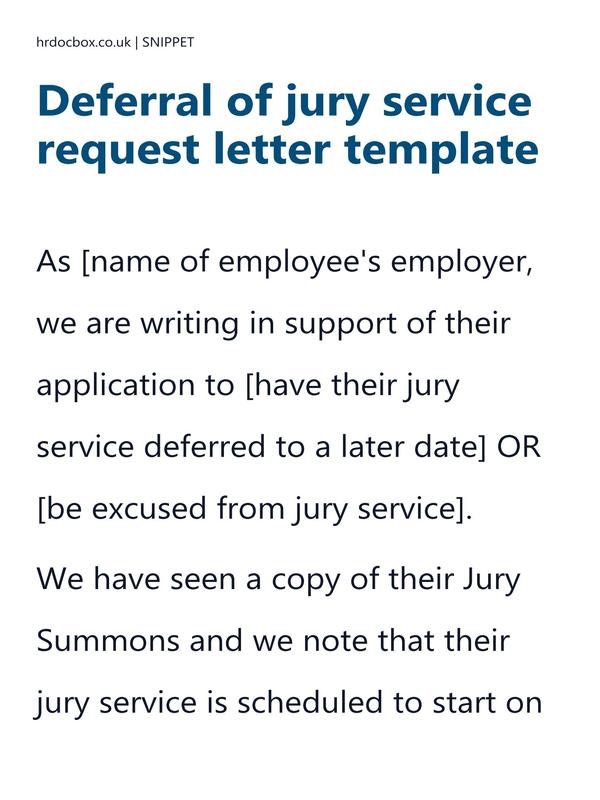
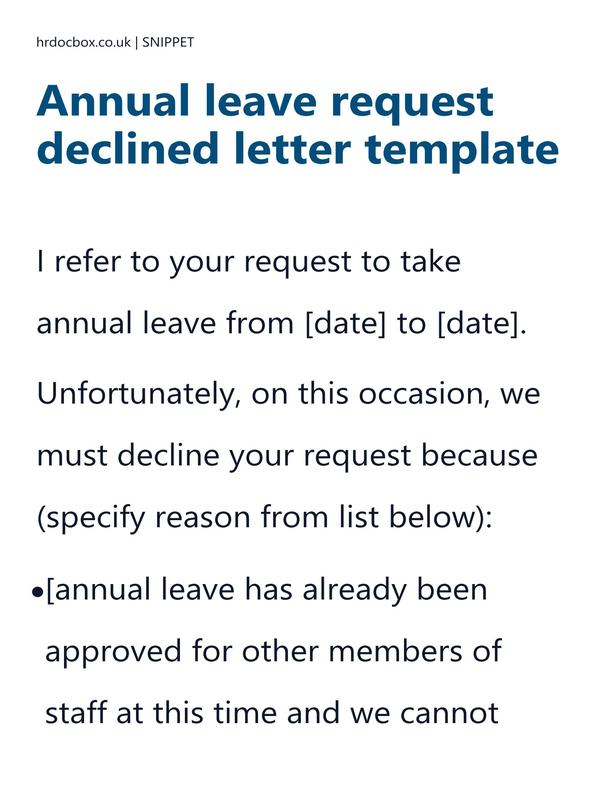
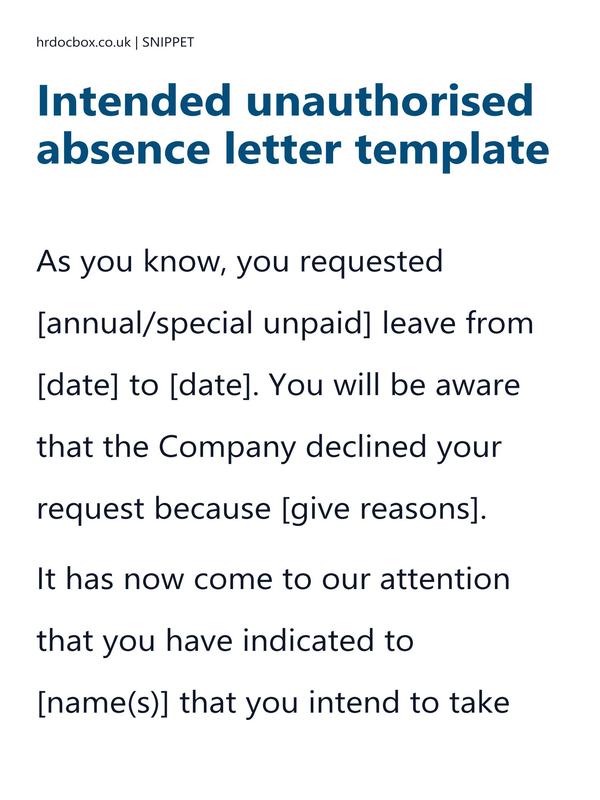
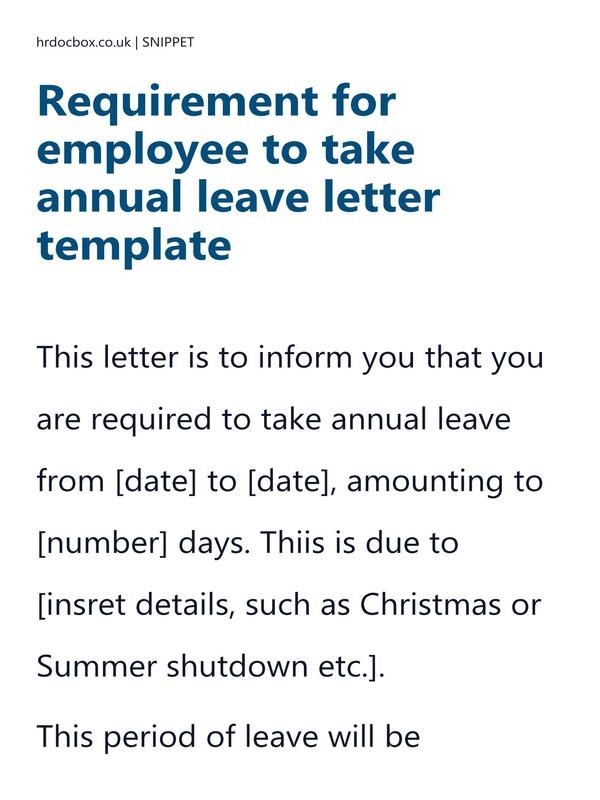
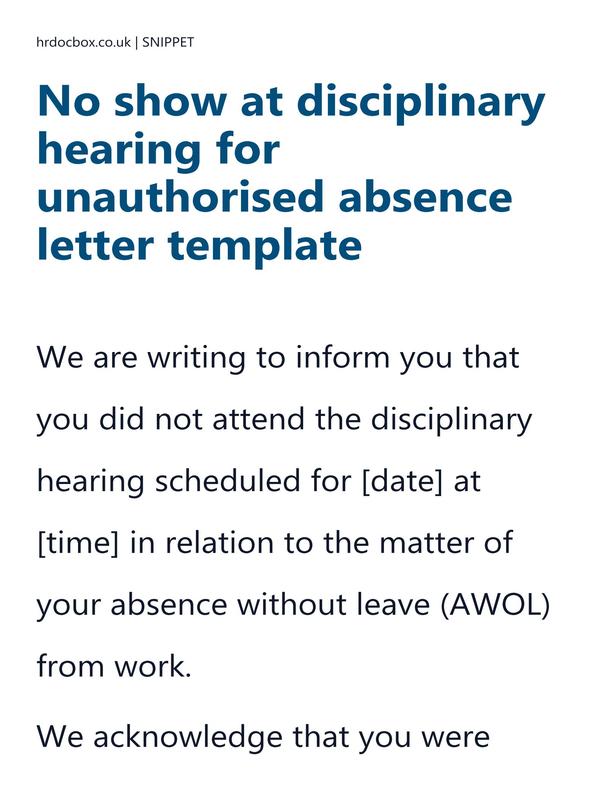
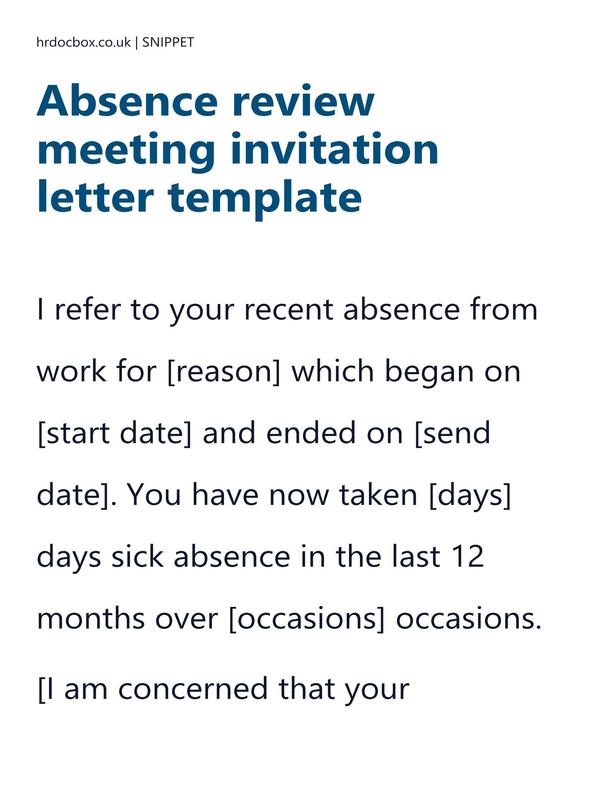
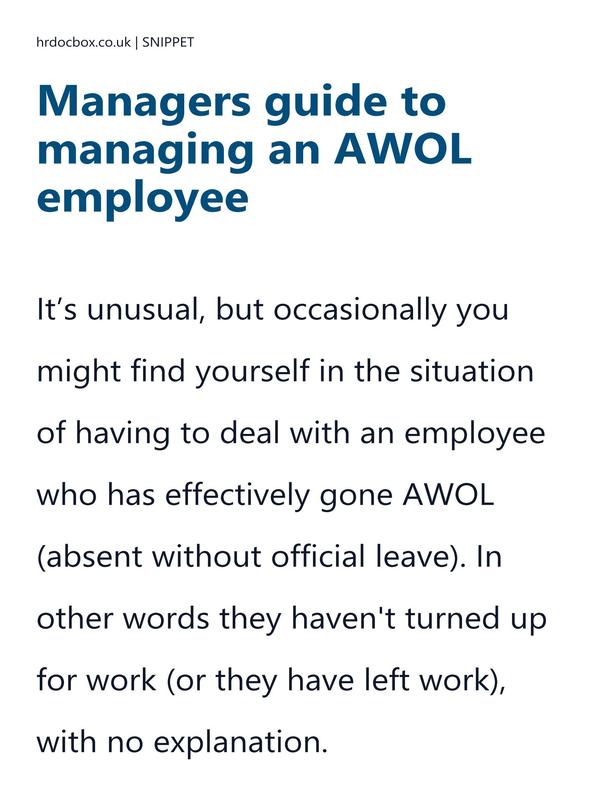
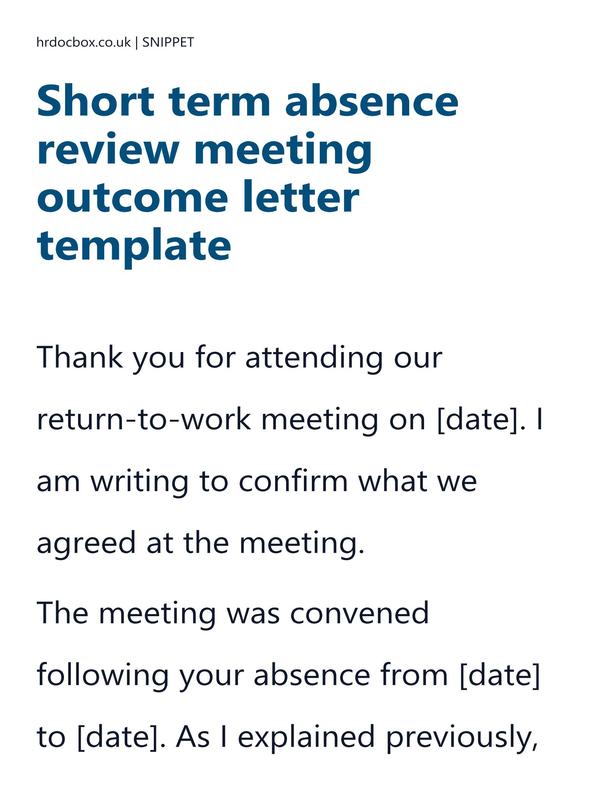
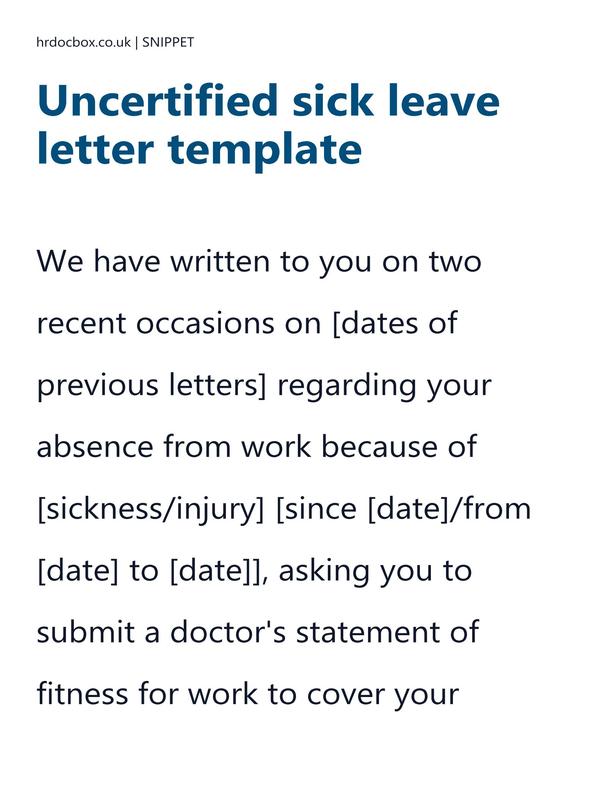
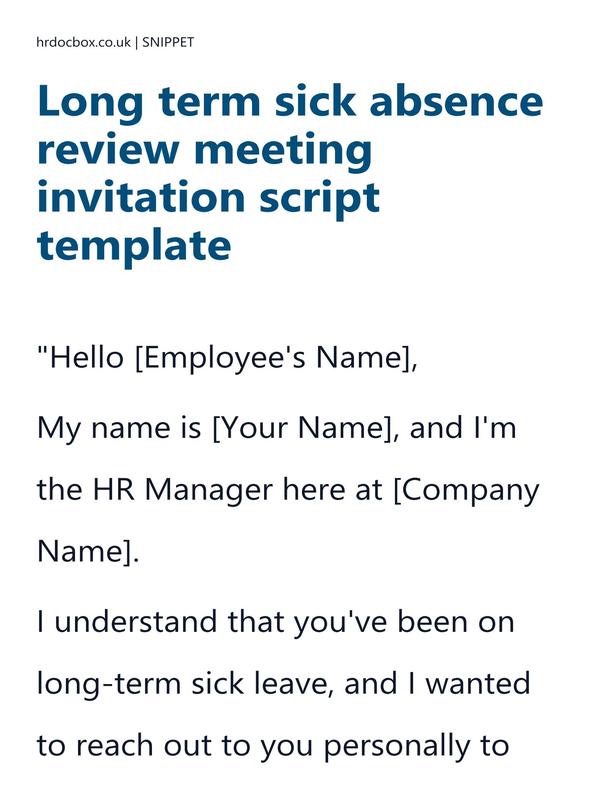
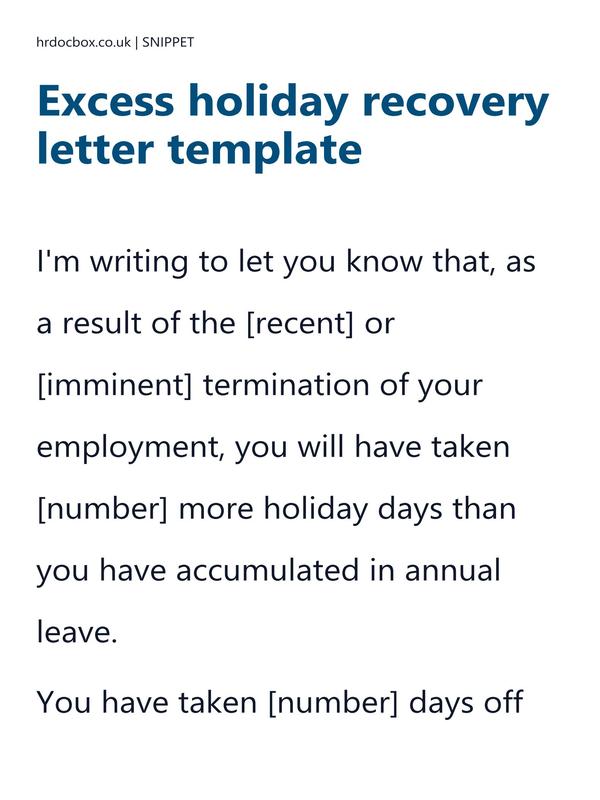
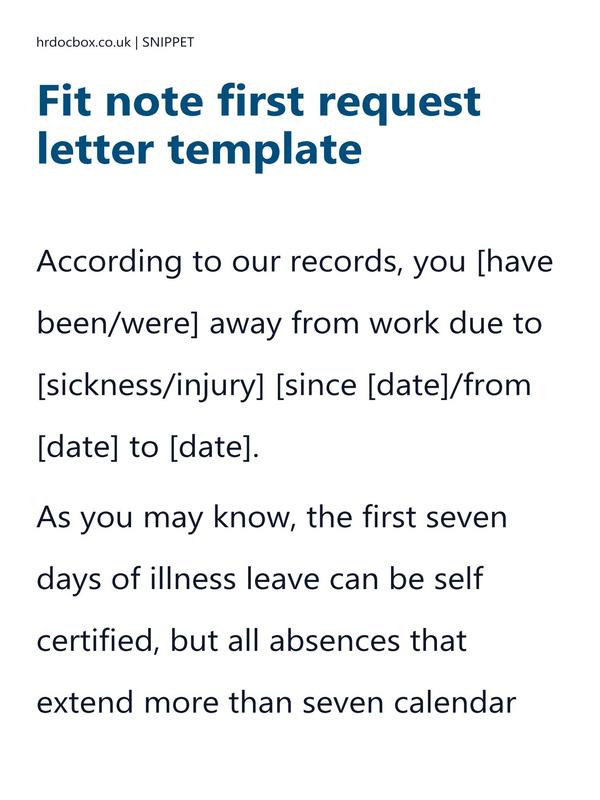
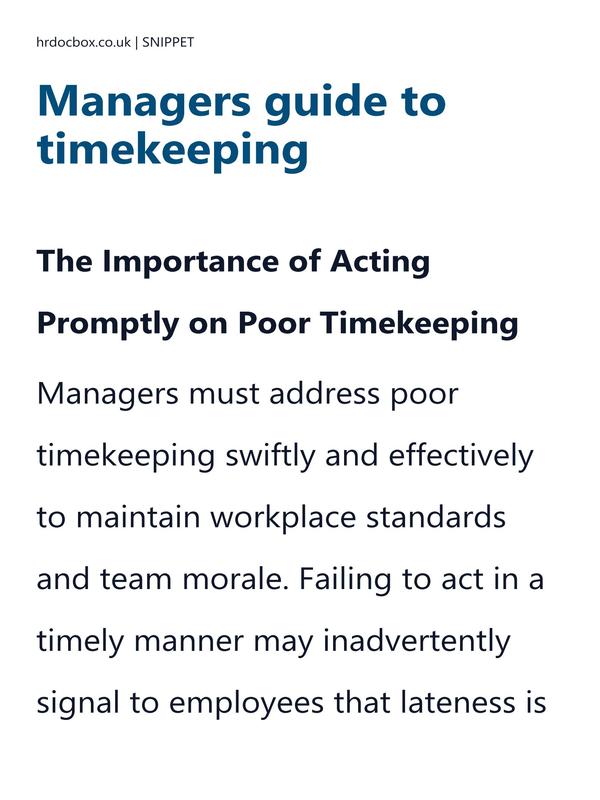
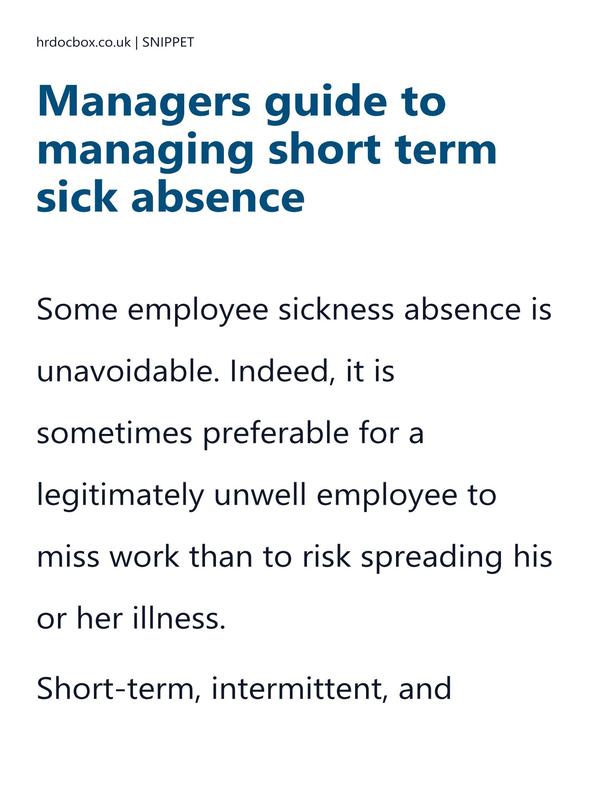
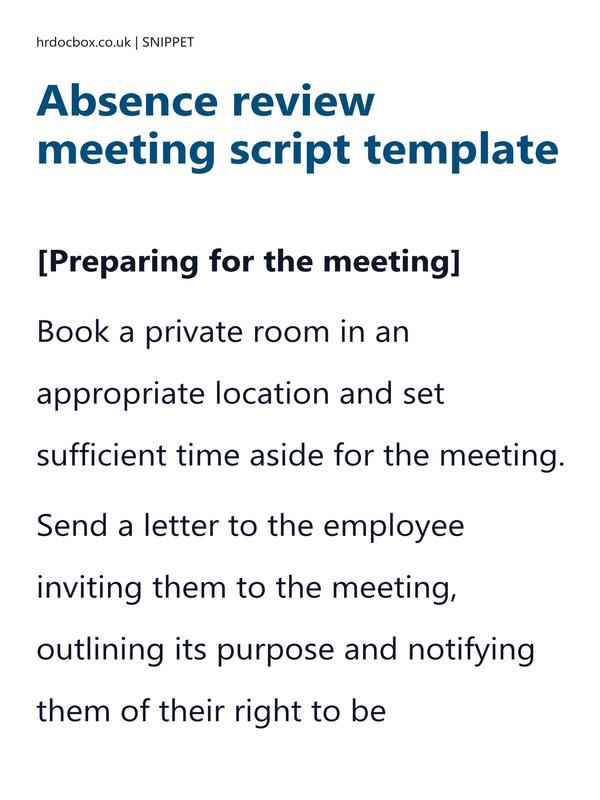
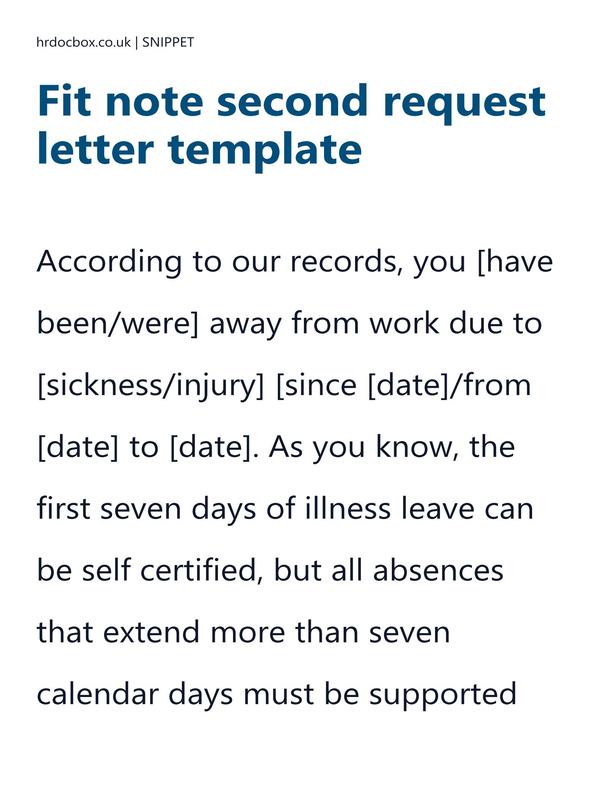
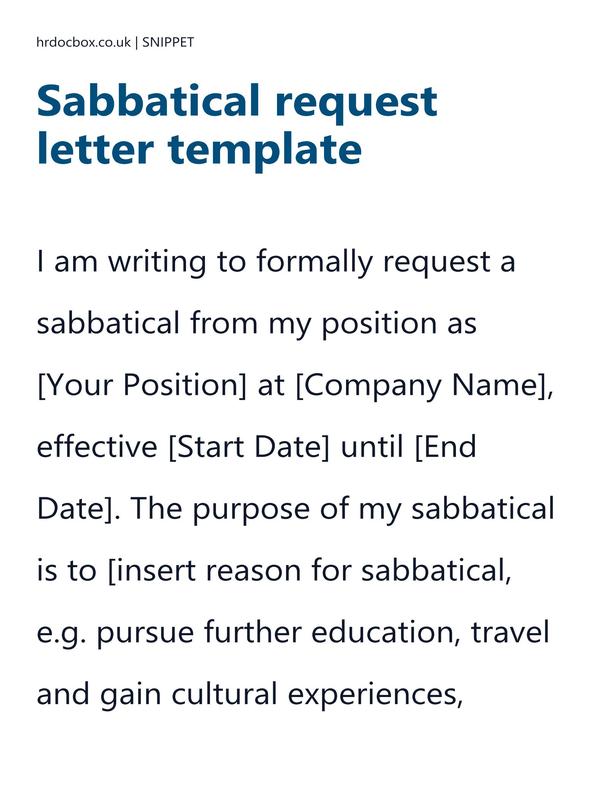
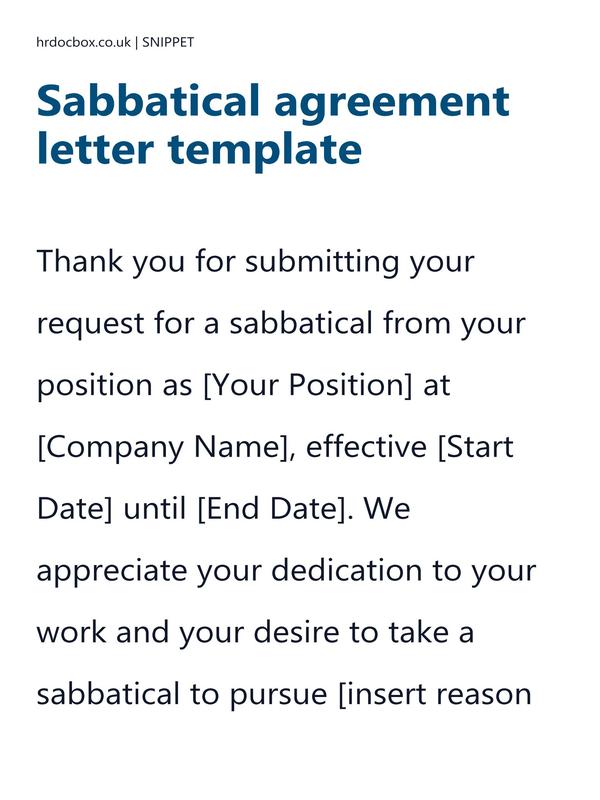
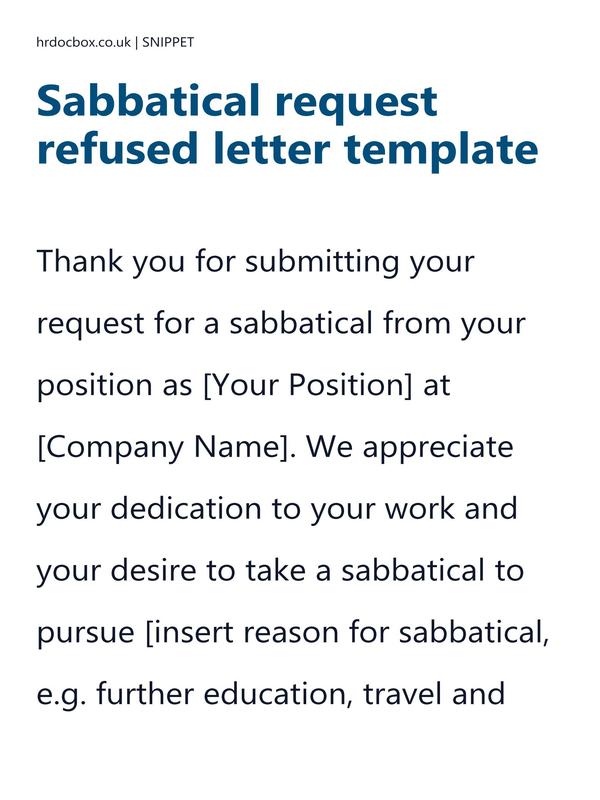
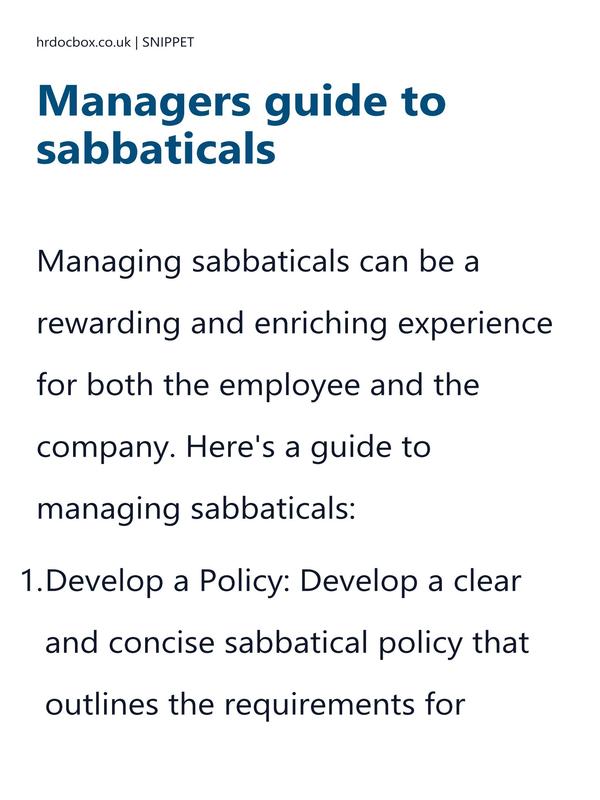
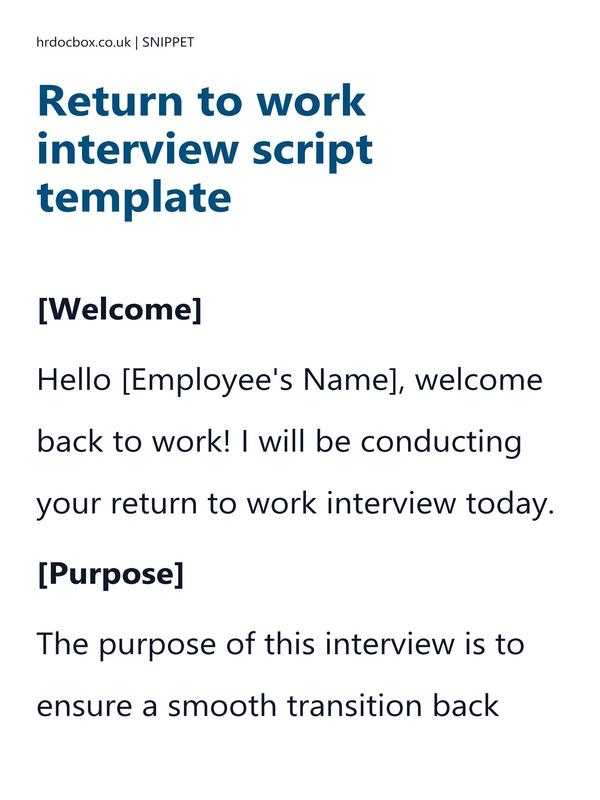
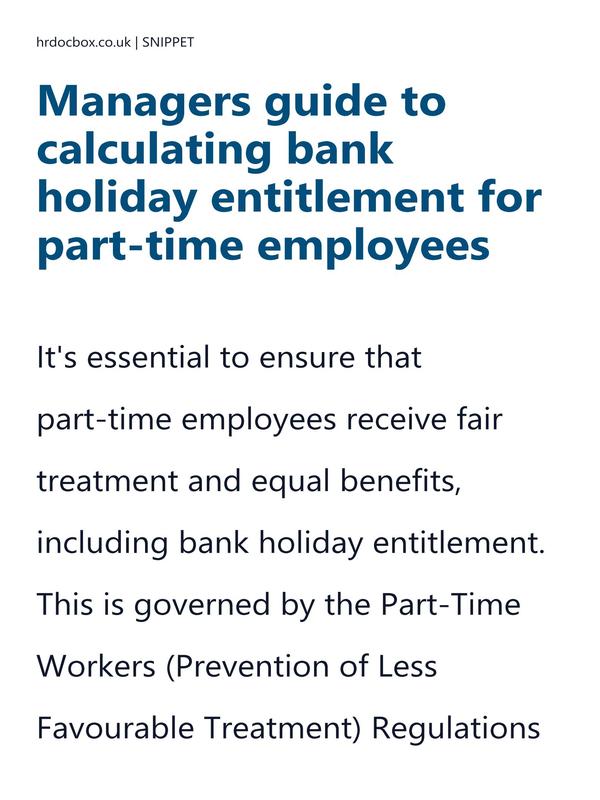
-request-form-template-preview.jpg)
-accrual-and-usage-policy-template-preview.jpg)
-entitlement-confirmation-letter-template-preview.jpg)
